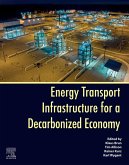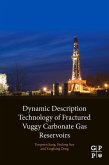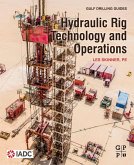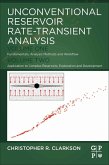Understanding Carbon Geologic Sequestration and Gas Hydrate from Molecular Simulation systematically introduces CO2 geological sequestration and gas hydrate at the molecular-scale, with research including interfacial properties of multiphase, multicomponent systems, hydrogen bonding properties, adsorption characteristics of CO2 / CH4 in the pore, kinetic properties of decomposition/nucleation/growth of gas hydrate, the influence of additives on gas hydrate growth dynamics, and hydrate prevention and control technology.
This book focuses on research-based achievements and provides a comprehensive look at global progress in the field. Because there are limited resources available on carbon geologic sequestration technology and gas hydrate technology at the molecular level, the authors wrote this book to fill a gap in scientific literature and prompt further research.
- Distills learnings for fundamental and advanced knowledge of molecular simulation in carbon dioxide and gas hydrate storage
- Synthesizes knowledge about the development status of CGS technology and hydrate technology in the molecular field - tackling these technologies from a microscopic perspective
- Analyzes scientific problems related to CGS technology and hydrate technology based on molecular simulation methods
- Explores challenges relative to carbon dioxide and hydrate storage
- Provides hierarchical analysis combined with the authors' own research-based case studies for enhanced comprehension and application
Dieser Download kann aus rechtlichen Gründen nur mit Rechnungsadresse in A, B, BG, CY, CZ, D, DK, EW, E, FIN, F, GR, HR, H, IRL, I, LT, L, LR, M, NL, PL, P, R, S, SLO, SK ausgeliefert werden.









